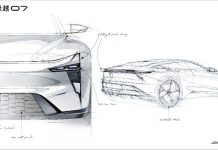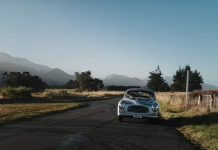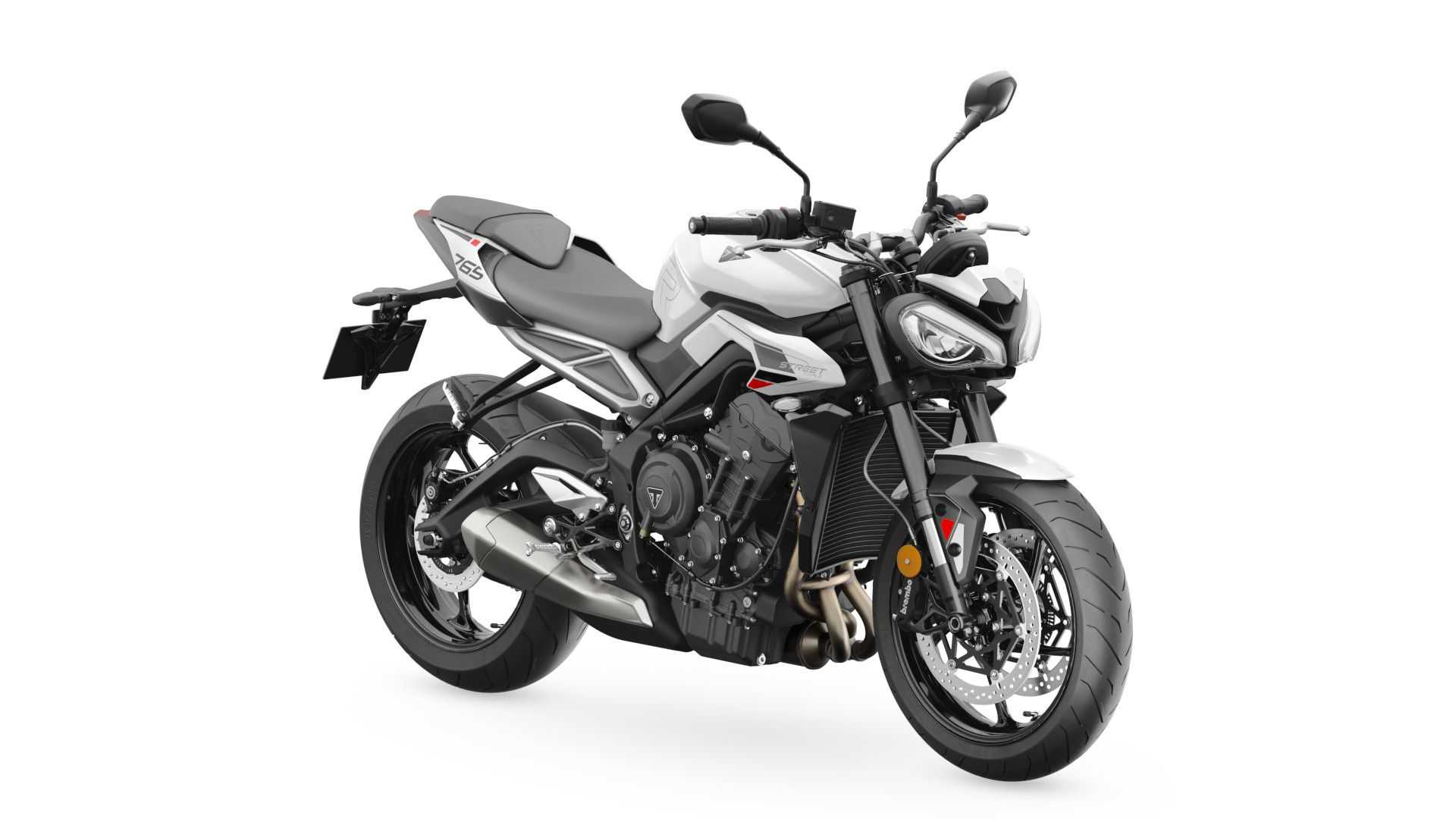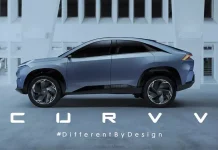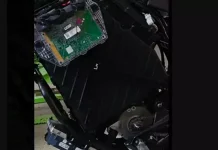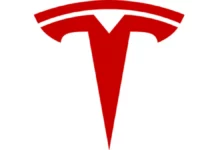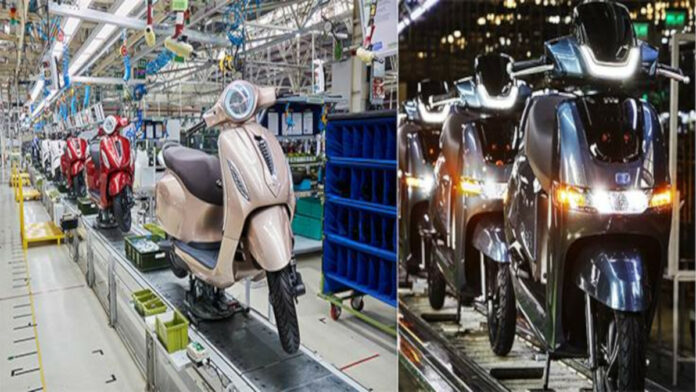TVS Motor Co and Bajaj
The electric two-wheeler market in India has been experiencing significant growth, as evidenced by the impressive sales figures of TVS Motor Co and Bajaj Auto, two legacy OEMs in the sector. The demand for electric two-wheelers is evident, with TVS Motor Co and Bajaj Auto holding the No. 2 and No. 3 positions, respectively, in a field of about 175 OEMs.
Key Details
- The TVS iQube has been sold 241,524 units since launch.
- The Bajaj Chetak has sold 54,519 units since its launch.
- Both the TVS iQube and Bajaj Chetak are available in three variants.
- The TVS iQube has a range of 140km on a single charge.
- Chetak has a range of 108km on a single charge.
- iQube is priced between Rs 117,000 and Rs 124,000.
- Chetak is priced between Rs 115,000 and Rs 121,000.
- TVS Motor Co and Bajaj Auto are both expanding their networks of exclusive showrooms for their electric scooters.

Electric Two-Wheelers
TVS Motor Co, with its TVS iQube model, has shown remarkable year-over-year growth. The iQube achieved a significant milestone in September 2023, surpassing 200,000 units in sales just 45 months after its launch. The acceleration in sales was partly due to the introduction of the refreshed iQube in May 2022, which offered an improved range and features. The iQube is available in three variants and has seen a wide expansion in its retail network across India.
Similarly, Bajaj Auto’s Chetak has seen a substantial increase in sales, with the company recently launching the new Chetak Urbane model. Bajaj Auto has been focusing on expanding the exclusive retail network for the Chetak, which is currently available in a smaller number of markets compared to its TVS counterpart.
Market Growth
Key Analysis
The key analysis of the electric two-wheeler market in India, focusing on TVS Motor Co and Bajaj Auto, reveals several critical insights:
- Rapid Market Growth: The electric two-wheeler market in India is rapidly expanding, with over 783,000 units sold from April to November 2023. This growth indicates a significant shift in consumer preference towards electric vehicles (EVs), driven by factors such as environmental concerns, economic incentives, and technological advancements.
- Dominance of Legacy Players: Despite the presence of about 175 OEMs in the market, legacy companies like TVS Motor Co and Bajaj Auto have successfully carved out top positions. Their established brand presence, customer trust, and extensive dealer networks have been instrumental in their success.
- Impressive Sales Performance: TVS Motor Co’s iQube and Bajaj Auto’s Chetak have shown remarkable year-over-year sales growth. TVS’s iQube, for instance, reported a 258% increase in sales, highlighting the growing acceptance and demand for their products.
- Product Innovation and Development: Both companies have focused on continual product improvement to stay competitive. The introduction of updated models like the refreshed iQube with enhanced range and features, and the Chetak Urbane with improved performance metrics, demonstrate their commitment to innovation.
- Expansion Strategies: TVS Motor Co has been expanding its retail network, planning to double its touchpoints, while Bajaj Auto aims to increase its Chetak showrooms significantly. These expansion strategies are crucial for increasing market penetration and accessibility for consumers.
- Brand Strength and After-Sales Support: The strong brand image of TVS and Bajaj, combined with reliable after-sales support, plays a significant role in attracting and retaining customers. This factor is especially important in the EV market, where customer concerns around new technology and maintenance are prevalent.
- Government Incentives and Petrol Prices: The high cost of petrol and various state incentives promoting electric mobility are key drivers for the increasing adoption of electric two-wheelers in India. These factors make EVs more economically attractive to consumers.
- Competitive Landscape: While TVS and Bajaj hold strong positions, the market is highly competitive with numerous players. This competition fosters innovation and helps in the proliferation of more advanced and affordable electric two-wheelers.
Innovation
Impact on the EV Market in India
The impact of the growth and strategies of companies like TVS Motor Co and Bajaj Auto on the electric vehicle (EV) market in India can be analyzed from various angles:
- Market Growth and Consumer Adoption: The success of TVS Motor Co and Bajaj Auto in the electric two-wheeler segment is indicative of a larger trend towards the adoption of EVs in India. Their impressive sales figures reflect a growing consumer acceptance and interest in electric two-wheelers as viable alternatives to traditional petrol-powered vehicles. This shift is likely to accelerate the overall growth of the EV market in India.
- Innovation and Technology Development: The entrance and success of these legacy players encourage innovation in the EV space. With TVS and Bajaj constantly improving and updating their models, there’s a push for technological advancements in battery life, charging infrastructure, and overall vehicle performance. This competition drives the entire industry towards better products and solutions.
- Infrastructure Development: As these companies expand their market reach and increase sales, there’s a corresponding need for better EV infrastructure, such as charging stations. This can spur development in this area, not just by the companies themselves but also by third parties and government initiatives, further supporting the growth of the EV ecosystem.
- Reduction in Carbon Footprint: The rise in the adoption of electric two-wheelers contributes to the reduction of carbon emissions. Given the significant pollution levels in many Indian cities, a shift towards EVs can have a notable positive impact on air quality and overall environmental health.
- Economic Impact: The EV market’s expansion can lead to significant economic benefits, including the creation of new jobs in manufacturing, sales, service, and infrastructure development. It also reduces the country’s dependence on imported oil, contributing to economic stability and sustainability.
- Policy and Regulation: The success of major players in the EV market can influence government policies and regulations. Seeing the potential and growth of the market, the government might introduce more incentives and supportive policies to accelerate the adoption of EVs, contributing to national goals of reducing carbon emissions.
- Consumer Perception Shift: The presence of established brands like TVS and Bajaj in the EV market helps in changing consumer perceptions. With trusted brands offering reliable and high-quality electric two-wheelers, consumers may become more open to considering and purchasing EVs.
- Competitive Dynamics: The success of TVS and Bajaj in the EV market intensifies competition. This can lead to more choices for consumers, better pricing, and improved technologies, as other players strive to compete and gain market share.
Environmental Impact
Conclusion
The impact of the success and strategies of companies like TVS Motor Co and Bajaj Auto on the EV market in India is multifaceted, driving market growth, technological innovation, infrastructure development, and contributing to environmental and economic benefits. Their role can be pivotal in shaping the future landscape of the EV market in the country.
The electric two-wheeler market in India is in a phase of rapid growth and transformation, with legacy players like TVS Motor Co and Bajaj Auto leading the way through product innovation, strategic network expansion, and leveraging their strong brand image and customer trust.
Both companies have benefited from their strong brand image, reliable aftersales support, and strategic market expansion, helping them to stand out in a crowded field of competitors. With high petrol prices and state incentives to promote electric mobility, both the Bajaj Chetak and TVS iQube are expected to continue seeing strong demand.



